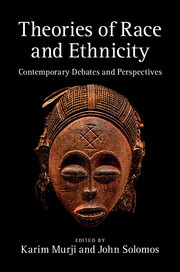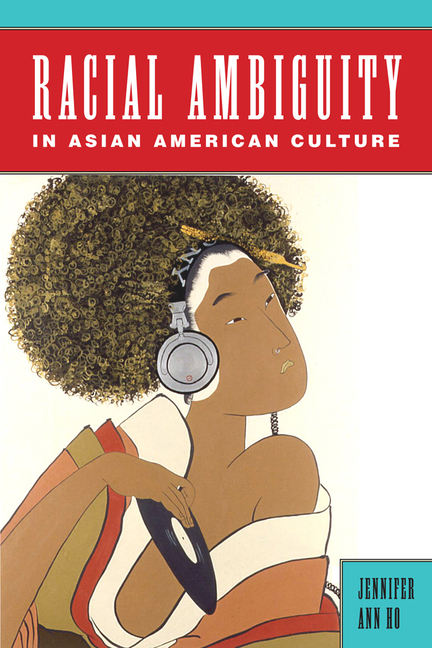Intergroup Dialogue: Engaging Difference, Social Identities and Social Justice
Routledge
2013-05-13
24 pages
Hardback ISBN: 978-0-415-81970-1
Edited by:
Ximena Zuniga, Associate Professor in Social Justice Education
University of Massachusetts, Amherst
Gretchen Lopez, Director of the Intergroup Dialogue Program and Assistant Professor of Cultural Foundations of Education
Syracuse University, Syracuse, New York
Kristie Ford, Director of the Intergroup Relations Program and Associate Professor of Sociology
Skidmore College, Saratoga Springs, New York
Intergroup dialogue is a form of democratic engagement that fosters communication, critical reflection, and collaborative action across social and cultural divides. Engaging social identities is central to this approach. In recent years, intergroup dialogue has emerged as a promising social justice education practice that addresses pressing issues in higher education, school and community settings. This edited volume provides a thoughtful and comprehensive overview of intergroup dialogue spanning conceptual frameworks for practice, and most notably a diverse set of research studies which examine in detail the processes and learning that take place through dialogue.
This book addresses questions from the fields of education, social psychology, sociology, and social work, offering specific recommendations and examples related to curriculum and pedagogy. Furthermore, it contributes to an understanding of how to constructively engage students and others in education about difference, identities, and social justice.
This book was originally published as a special issue of Equity & Excellence in Education.
CONTENTS
- Part I. Introducing The Practice of Intergroup Dialogue
- 1. Intergroup Dialogue: Critical Conversations about Difference Ximena Zúñiga, Gretchen E. Lopez and Kristie A. Ford
- Part II. Intergroup Dialogue in Higher Education
- 2. “I now harbor more pride in my race”: The Educational Benefits of Inter- and Intraracial Dialogues on the Experiences of Students of Color and Multiracial Students Kristie Ford and Victoria Malaney
- 3. From Dialogue to Action: The Impact of Cross-Race Intergroup Dialogue on the Development of White College Students as Racial Allies Craig Alimo
- 4. Fostering a Commitment to Social Action: How Talking, Thinking, and Feeling Make a Difference in Intergroup Dialogue Chloé Gurin Sands, Patricia Gurin, Biren (Ratnesh) A. Nagda and Shardae Osuna
- 5. Engaged Listening in Race/Ethnicity and Gender Intergroup Dialogue Courses Ximena Zúñiga, Jane Mildred, Rani Varghese, Keri DeJong and Molly Kheen
- 6. White Educators Facilitating Discussions About Racial Realities Stephen John Quaye
- Part III. Intergroup Dialogue in Schools and Communities
- 7. Raising Ethnic-Racial Consciousness: The Relationship Between Intergroup Dialogues and Adolescents’ Ethnic-Racial Identity and Racism Awareness Adriana Aldana, Stephanie Rowley, Barry Checkoway and Katie Richards-Schuster
- 8. Writing the Divide: High School Students Crossing Urban-Suburban Contexts Gretchen E. Lopez and A. Wendy Nastasi
- 9. Critical Education in High Schools: The Promise and Challenges of Intergroup Dialogue Shayla R. Griffin, Mikel Brown and Naomi M. Warren
- 10. Racial Pedagogy of the Oppressed: Critical Interracial Dialogue for Teachers of Color Rita Kohli
- 11. Supporting Critical Dialogues Across Educational Contexts Tasha Tropp Laman, Pamela Jewett, Louise B. Jennings, Jennifer L. Wilson and Mariana Souto-Manning
- 12. Speaking Across Difference in Community Dialogue on Affirmative Action Policy Kristen L. Davidson and Michele S. Moses
- Part IV. Considering Directions for Intergroup Dialogue: Research and Practice
- 13. Intergroup Dialogue: Research Perspectives Across Educational Contexts Gretchen E. Lopez, Kristie A. Ford and Ximena Zúñiga





